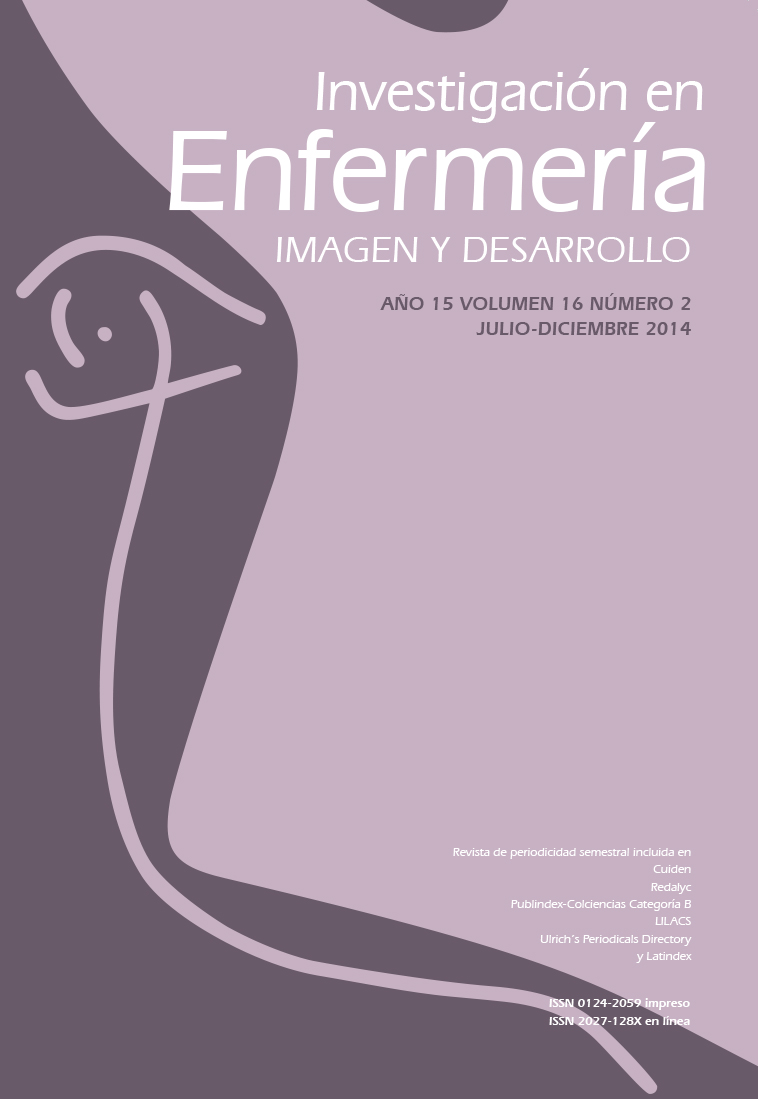Abstract
Introduction: Entering a relative in an intensive care unit (ICU) is an overwhelming experience for the family, recognized as essential to the health of the patient. The caregiver, as a significant member of the family, is also exposed to distressing situations that generate needs to be identified to promote their well-being and quality of life. Objectives: To describe the needs of family caregivers of chronic adult hospitalized patients in ICU in a private health care provider institution in Villavicencio, Colombia. Methods: A descriptive, cross-sectional and quantitative study. It was used The Critical Care Family Needs Inventory (CCFNI) instrument, by Nancy Jane Molter and Leske, which assesses the degree of importance that family give to the support needs, comfort, information, proximity and safety when they have a relative admitted in the ICU. Family caregivers were interviewed (n = 37) during a trimester and information on SPSS version 14 was processed. Results: Safety is considered the most important requirement, with 86%; followed by information, with 82%, and proximity, with 78%. Conclusions: For nursing, the felt needs by family caregivers of chronic hospitalized adults in an ICU are the basis to provide comprehensive care and make the experience in ICU less daunting.The journal Investigación en Enfermería: Imagen y Desarrollo is registered under a Creative Commons Attribution 4.0 International Public License. Thus, this work may be reproduced, distributed, and publicly shared in digital format, as long as the names of the authors and Pontificia Universidad Javeriana are acknowledged. Others are allowed to quote, adapt, transform, auto-archive, republish, and create based on this material, for any purpose (even commercial ones), provided the authorship is duly acknowledged, a link to the original work is provided, and it is specified if changes have been made. Pontificia Universidad Javeriana does not hold the rights of published works and the authors are solely responsible for the contents of their works; they keep the moral, intellectual, privacy, and publicity rights.
Approving the intervention of the work (review, copy-editing, translation, layout) and the following outreach, are granted through an use license and not through an assignment of rights. This means the journal and Pontificia Universidad Javeriana cannot be held responsible for any ethical malpractice by the authors. As a consequence of the protection granted by the use license, the journal is not required to publish recantations or modify information already published, unless the errata stems from the editorial management process. Publishing contents in this journal does not generate royalties for contributors.


